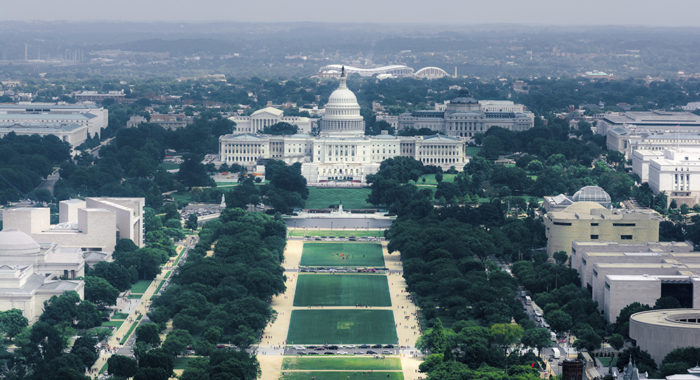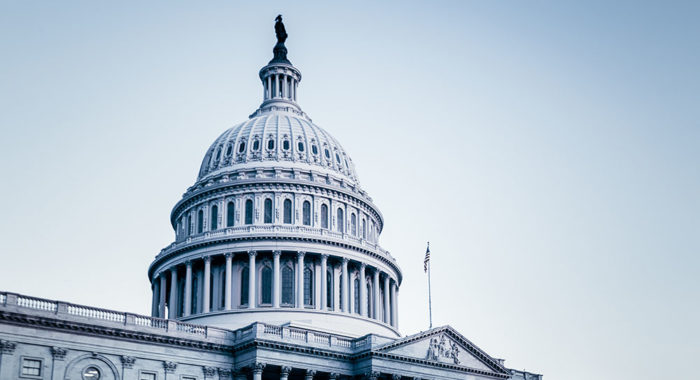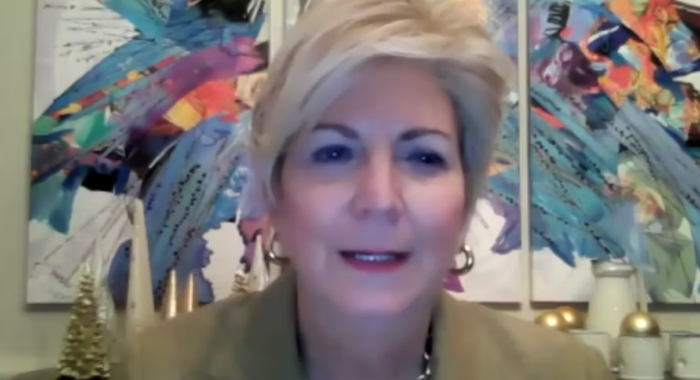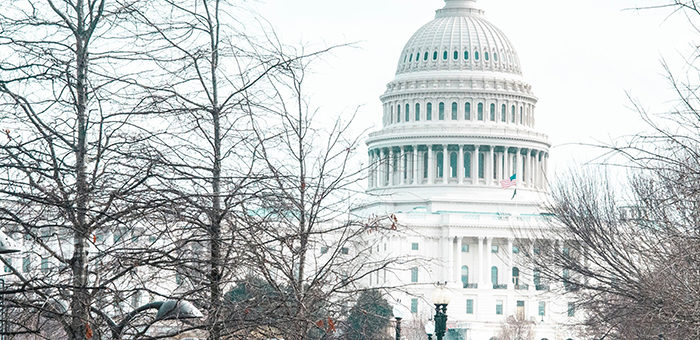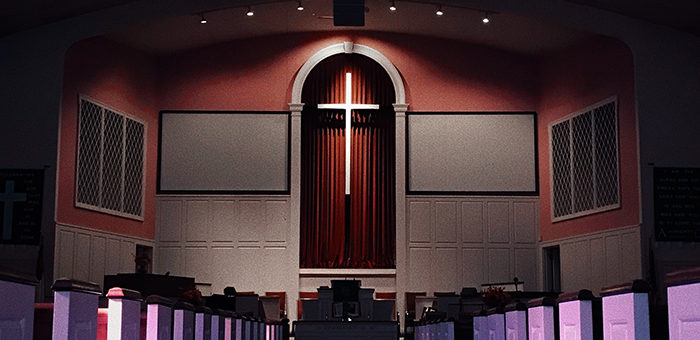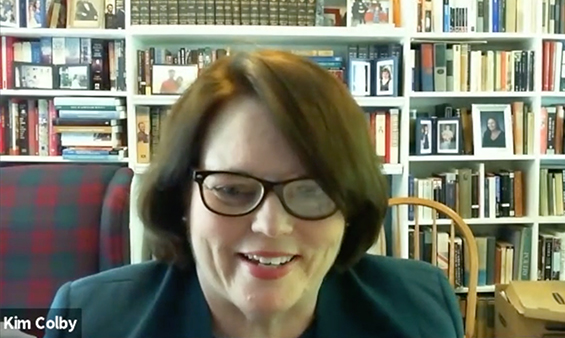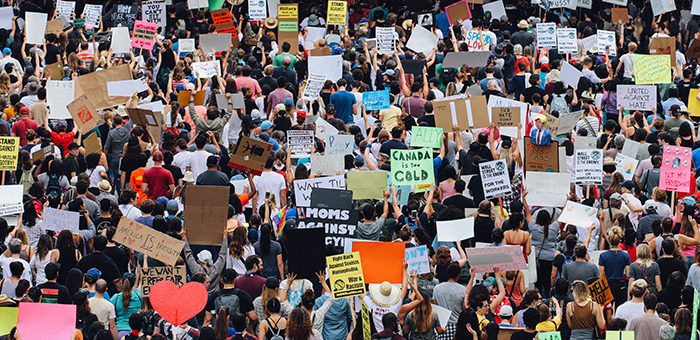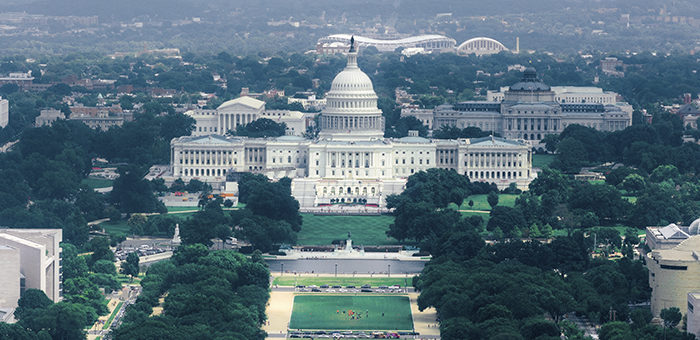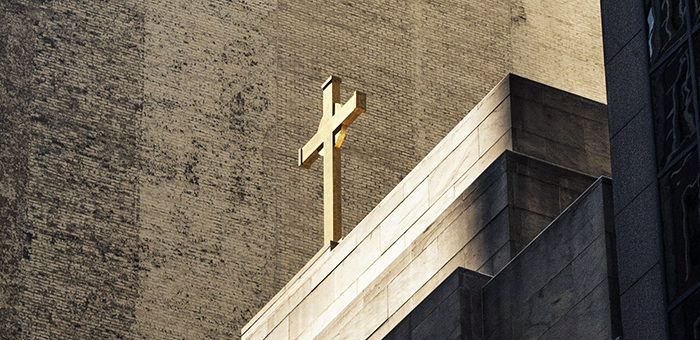
In its unanimous decision in Groff v. DeJoy, the Supreme Court today strengthened important worker protection against religious discrimination. The Supreme Court ruled that employers may not dismiss employee requests for religious accommodation simply by pointing to a minimal cost to the business. The lower court decision has now been vacated and the case remanded for proper application of the “undue hardship” standard. The National Association of Evangelicals (NAE) welcomes this correction.
“Secular employers are legally obligated to accommodate employees’ religious observance and practice, except in rare cases in which doing so would create an undue hardship for the business. We should not force workers of any religion to violate their faith in order to keep their jobs,” said Walter Kim, NAE president.
In the future, undue hardship is shown when a burden is substantial in the overall context of an employer’s business. Following fact-specific inquiry, the adversity must rise to an “excessive” or “unjustifiable” level.
The NAE joined the Anti-Defamation League and several religious organizations in an amicus brief urging the Supreme Court to strengthen the interpretation of the “undue hardship” that employers must show if they wish to deny a religious accommodation request. The brief emphasized that the undue hardship must be “on the conduct of the employer’s business,” not the expected reaction of other employees.
The brief warned that “denying a religious accommodation because of popular opposition [to the law or religion] is a dangerous principle that subverts the very purpose of a civil rights statute. The meaning of individual rights would shrivel if they depended on a show of hands.” Today’s decision clarifies that hostility of other employees to an employee’s religion is not a permissible ground for denying an accommodation.
Groff v. DeJoy involved a former postal worker who wanted to honor God by worship and not working on the Sabbath. Groff argued that his desire to observe Sabbath did not pose an “undue hardship” on the U.S. Postal Service and highlighted his willingness to cover extra shifts on other days, as well as the willingness of coworkers to cover Sunday shifts.
Kim added, “Most employers value and respect their religious employees, and make good faith efforts to accommodate their specific needs. The Supreme Court’s action today is an important backstop for those few cases where employers fail to uphold their responsibilities under the law.”



 View All Updates
View All Updates 



